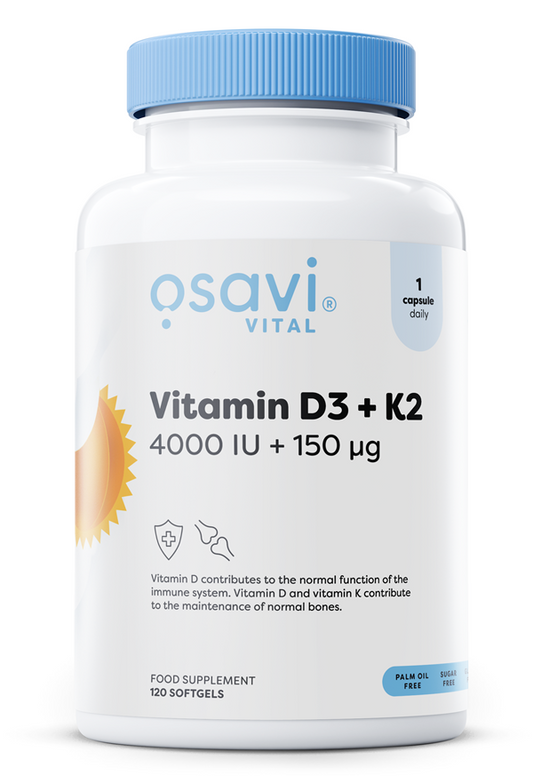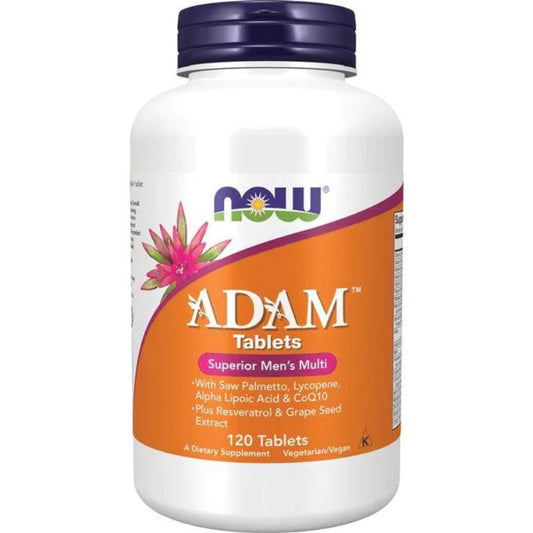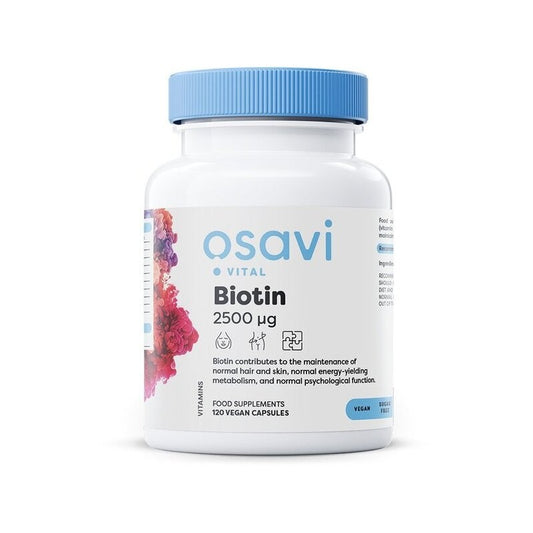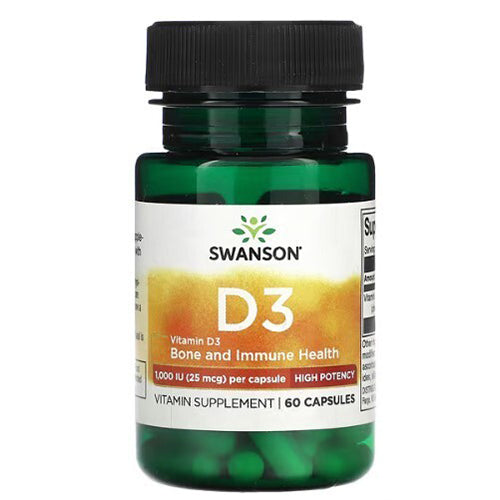
Vitamin B13 (Orotic Acid): Benefits, Sources, and Daily Considerations
Jakub SkibaVitamin B13, also known as Orotic Acid, is a lesser-known B-vitamin that supports metabolism, liver health, cellular function, and DNA synthesis. Though often overlooked in favor of other B-vitamins, B13 plays a vital role in maintaining key metabolic processes and supporting overall wellness. Including Vitamin B13 in your diet or ensuring adequate intake through foods can help maintain healthy cellular activity, metabolic efficiency, and organ function. Understanding its role, natural sources, and dietary considerations is important for anyone seeking a well-rounded nutritional approach.
What Exactly Is Vitamin B13?
Vitamin B13, or Orotic Acid, is a water-soluble compound historically associated with the B-vitamin group. It is involved in several important metabolic processes, including cellular function, DNA synthesis, and fatty acid metabolism. Orotic acid participates in the production of pyrimidines, which are essential components of DNA and RNA, making it particularly important for tissues with high cell turnover such as the liver, bone marrow, and intestinal lining. While not commonly included in standard multivitamins, it is recognized for its contribution to overall metabolic health.
How Vitamin B13 Works in the Body
Even though it is less commonly discussed than other B-vitamins, Vitamin B13 plays a role in cellular metabolism, DNA synthesis, and fat processing. It supports liver function and contributes to the body’s ability to efficiently metabolize fats. While the body produces small amounts of B13 naturally, a balanced diet helps ensure that intake is sufficient to support these metabolic processes. Foods like animal products, milk, dairy, and fermented foods are typical sources.
Signs and Risks of Vitamin B13 Deficiency
Vitamin B13 deficiencies are rare because the body produces small amounts and it is present in various foods. Certain diets or conditions, however, can lead to lower levels, which may affect metabolism and cellular activity.
Signs of Low B13 Intake
-
Digestive discomfort
-
Slowed cell growth or delayed tissue repair
Health Considerations
While deficiency is uncommon, ensuring adequate intake of B-vitamins, including B13, helps maintain metabolic efficiency, supports liver function, and contributes to healthy cellular activity.
Natural Sources of Vitamin B13
Vitamin B13 is found in animal products, fermented foods, and dairy. Small amounts are also produced by the liver. Including a variety of these foods in your diet helps maintain healthy levels.
|
Food Source |
Notes |
|
Liver (beef, chicken, lamb) |
Richest natural source |
|
Yeast (nutritional or brewer’s) |
Supports metabolic pathways |
|
Milk and dairy products |
Contains small amounts |
|
Fish and poultry |
Helps maintain daily intake |
|
Whole grains (oats, barley) |
Plant-based contribution |
|
Legumes (lentils, beans) |
Supports B-vitamin balance |
|
Fermented foods (tempeh, kefir) |
Alternative source for vegans |
For vegans or those avoiding animal products, fermented foods and B-complex supplements can help ensure adequate intake.
How Much Vitamin B13 Do You Actually Need?
There is no established Recommended Daily Allowance (RDA) for Vitamin B13 because it is produced in small amounts by the body. Adequate intake is generally achieved through a balanced diet rich in B-vitamins. Supplementation is typically unnecessary unless addressing specific metabolic concerns or liver conditions. Orotic acid supplements are available but less commonly used than other B-vitamins.










